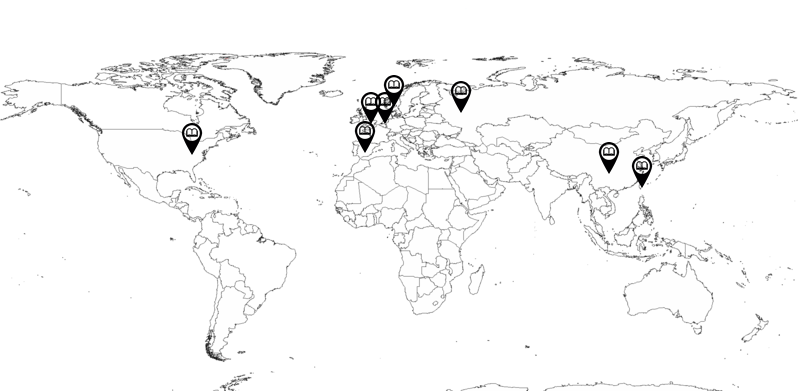A Cypriot reader of Babel drew my attention to what he considered ‘a big mistake’ in the Greek translation: my claim that Turkish is spoken in Northern Cyprus. ‘There is not a country named North Cyprus,’ he countered. ‘The northern part of the island is occupied and only recognised by the occupiers (Turkey).’
That’s true in my world as well. At the same time, it’s also a fact that most people in that unrecognised country speak Turkish. So where’s the big mistake? Could this be just another case of fact-free nationalism?
I was in the process of writing a puzzled reply when a possible explanation dawned on me, and checking the English and Greek editions of the book seemed to corroborate it. At first sight, the translation was immaculate: Northern Cyprus, Vóreios Kúpros. However, while words like Northern and Western are often written with a capital in English, Greek only seems to do so when they’re part of an established name. If the translator had written vóreios Kúpros, this simply would have meant ‘Northern Cyprus’, as in ‘the Northern part of the island called Cyprus.’ However, she committed the infelicity of using a capital V, Vóreios Kúpros, which placed this entity in the same category as Vóreia Koréa and Vóreia Makedonía—countries. Hence the reader’s protest.
Before I could even finish this short blogpost, my correspondent replied to confirm that that was exactly it. He was going to notify the publisher in Athens, he announced.


 Chapter 12 of Babel, which is about Swahili, discusses how Africans think nothing of mastering several languages. Many people speak at least three: their mother tongue, their region’s or country’s lingua franca and the official language of administration and education, usually French, English, Portuguese or Arabic. The chapter has been particularly well received by many readers.
Chapter 12 of Babel, which is about Swahili, discusses how Africans think nothing of mastering several languages. Many people speak at least three: their mother tongue, their region’s or country’s lingua franca and the official language of administration and education, usually French, English, Portuguese or Arabic. The chapter has been particularly well received by many readers. You know how things can stare you in the face and you still somehow manage to overlook them? As in that
You know how things can stare you in the face and you still somehow manage to overlook them? As in that  Meanwhile, good news kept coming in. I already knew that Babel was going to be published by
Meanwhile, good news kept coming in. I already knew that Babel was going to be published by 